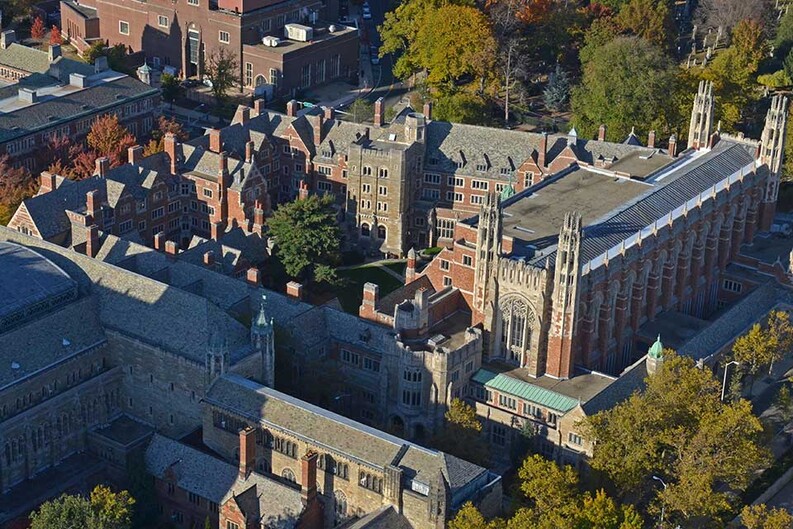Clinics Celebrate the Expansion of Parole Eligibility for Young People

During the past academic year, students in the Criminal Justice Advocacy Clinic and the Peter Gruber Challenging Mass Incarceration Clinic advocated for a bill in the Connecticut General Assembly that expands parole eligibility for incarcerated people who committed crimes before they were 21 years old. Collaborative efforts between the clinics and outside organizations resulted in the passage of the bill on June 6. The bill now awaits the Governor’s signature.
Clinical Professor of Law and Director of the Jerome N. Frank Legal Services Organization Miriam Gohara said the students advocating for the passage of SB 952 had a chance to improve the legal landscape in which they litigate. She also emphasized the importance of clinical student work in legislative advocacy.
“Through their legislative work, students learned to build coalitions, organize legislative outreach, draft statutes, negotiate with stakeholders, and lead meetings with key legislators,” Gohara said. “To see all their work come to fruition in a way that gives their clients second chances is beyond gratifying.”
Before the passage of SB 952, an earlier law offered more expansive parole eligibility for people who committed their crimes before they turned 18. However, scientific studies have shown that 18 to 21-year-olds function much like teenagers because the human brain continues to develop into one’s mid-20s. These scientific findings led the clinics to take action to raise the age for expanded parole eligibility.
While researching the scientific evidence to advocate for SB 952, Ali Fraerman ’23 said the students consulted with neuroscience experts.
“In advocating for this bill, we consulted with neuroscience experts who emphasized that the hallmarks of youth do not end at 18,” Fraerman said. “Instead, the brain continues to develop, meaning that the person you are at 21 is not the person you will be years later. SB 952 acknowledges this. We are happy that Connecticut is taking steps to put the law more in accordance with science.”
Clinic students spent the year meeting with legislators, organizing outreach campaigns, and spreading fact sheets of SB 952 to other advocacy groups. Clinical Lecturer in Law Daniel Loehr praised the efforts of students and advocates in getting SB 952 over the finish line.
“Years of work and dozens of advocates were needed to get this bill passed. The clinic students diligently moved the ball forward at every step,” Loehr said. “They organized with the coalition, testified at public hearings, met with legislators, and led outreach campaigns. The outcome is life-changing for many people, but still just one small step in addressing excessive sentencing in Connecticut. That work will continue.”
Students also drafted testimony for the public hearing in March 2023. Yale Law student Darnell Epps ’24 testified in support of the bill and expressed his hopes for the Connecticut legislature to support rehabilitation by enacting SB 952.
“For the past six years, I’ve spent countless hours speaking to at-risk youth about making better choices, and it is my deep conviction that everyone has the capacity for change, regardless of their crime,” Epps said.
Students collaborated with a number of state-wide organizations, including Connecticut Voices for Children, a researched-based advocacy organization that works to ensure that Connecticut is a thriving and equitable state where all children can achieve their potential, and the Connecticut Justice Alliance, a youth/adult partnership working to end the criminalization of youth.
Elizabeth Clarke ’23, another student in the clinic, said that SB 952 passed because of solidarity between a multitude of groups all aiming to give incarcerated people a second chance.
“A broad coalition of supporters came together to pass this bill, including incarcerated people and their families, youth advocates, neuroscience experts, law students, and many more,” Clarke said. “We hope the success of SB 952 signals to legislators the importance of second chances. Young people who commit crimes should not spend decades in prison without even an opportunity to show the Parole Board how they have changed for the better. SB 952 creates that opportunity.”


